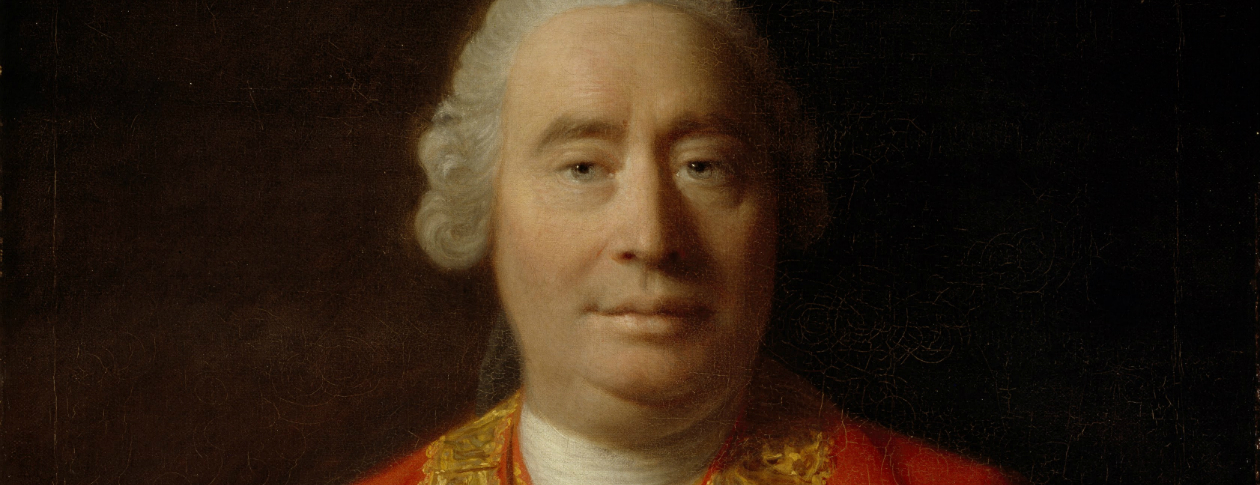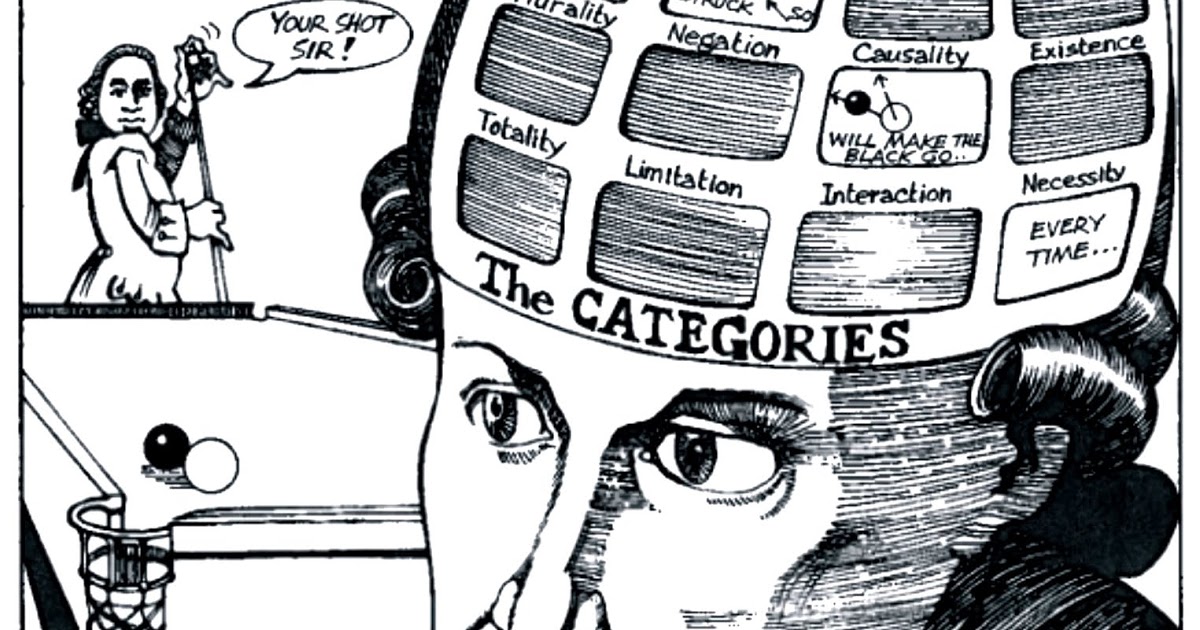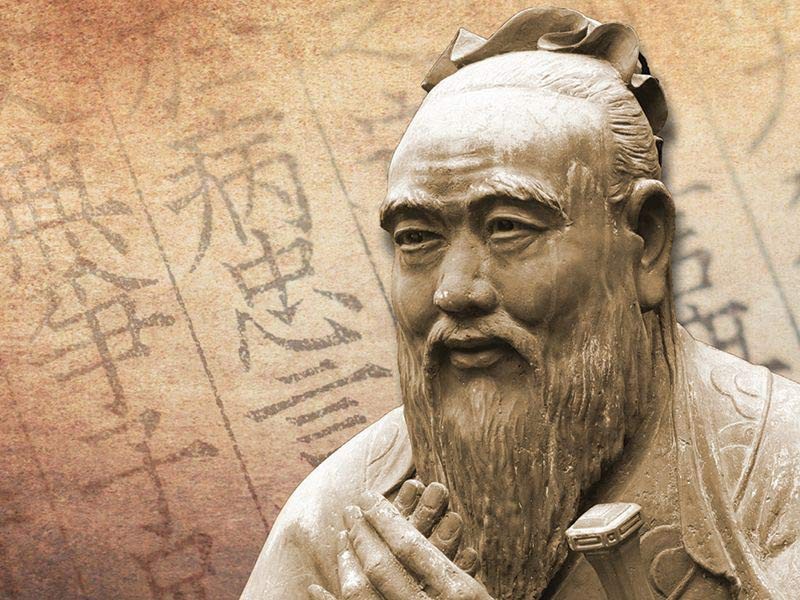
Hume lived in the period of the enlightenment where (to put it simplicity) the stage of philosophy battle is between the rationalist and the empiricist prevails. Hume would position himself as a sceptical empiricist, qualifying as one of the big three on the side of the empiricist. He dismisses the rationalist as too abstract and un-practical. Our imagination is too limitless, able to access into the realm beyond the universe in our mind and travel into uncharted chaos. But we need to ground ourselves back into reality.
Imagine this example. I make a clear and concise proposition that is based on preceding propositions; thus, we get a sequential flow of propositions that makes sense and is logically acceptable. Unlike mathematics, that always has a determine answer, my proposition is based on my ability to rationalize from my thoughts or experiences, but there is always open to arbitrariness and obscurity.
We can look at a conceptual example of democracy. How can we define democracy? I could look at history, and I could look at the words that outline the definition, I could look compare different forms of democracy, and I should say that there is a certain degree of democracy. From this, we split democracy further into different types; representative democracy, liquid democracy, etcetera.
The genus may differ from each other in appearances, and some species may be subordinate to each other, until Ad Infinium. What is implies is that to compare different definition would eventually lead us in absolute contradiction.
Hume prefers something more consistent, and less contradictory, something less abstract and more relatable, something more determinate and certain. We need to rely on our senses and experiences.
Questioning every method of enquires leads us down the path of being a sceptic. But one shouldn’t stay within the realm of Cartesian Doubt for too long, no durable good can ever result from it. To doubt everything to its core is to reject everything, unable to act. Eventually, nature will consume our miserable existence. We need to find a way out. But how? Hume’s solution is to simplify experience into easily recognizable terms, into three constructs; Resemblance, Contiguity and Causality.
Hume claims that there should be a narrow set of interpretation through our sequential flow of reasoning to decrease our margin of error. Thus, it is impossible because every claim we make about the future, no matter how reasonable, is based on our speculation and probability on a limited set of factors. 1) When we interact with objects through our senses, we merely touch upon the object’s appearance in a particular space and time. There are attributes beneath the surface of the object’s appearance that are unknown to us until we can make senses of them. I can tell that my stress ball is a particular shade of blue, but I won’t know the density of the ball until I squeeze it. 2) When an object interacts with another object, I can tell the causality between the two objects because I experienced it. It is an object’s appearance interacting with another object’s appearance and is mutually exclusive in some space and time. 3) When I experienced a repetition of the same movement between the two objects with a uniform effect, I may be able to make predication regarding the same movement when it occurs in the future.
But I cannot make this certainty about the future. It is only because I have experienced the uniform repetition that I can make this claim that manifest in my habit. The interpretation I make, even if still at the level of obscurity, is closer to being deterministic, compared to the uncontrolled notion of rationality.
Hume uses the same model of causality to explain his concept of liberty. He has a strict determinist view. Liberty is incompatible with necessity. Necessity reflects on the uniformity of appearance through consistent repetition. What is uniform can be explained with culture, age, gender, traditions, etcetera. We can use the influence of necessity to conclude the future, subjected to possible errors of inferred appearances. Liberty lies in the potentiality of appearances, by the illusion that that is more to human than in a restricted set of appearances that is predictable. This can be explained on Hume’s view on reward and punishment. Animals can be controlled by appealing to their belief and instinct, but we humans, although we share both belief and instinct, we are not limited by their capacity for reasoning. We can go beyond the boundaries of the present. We can hope for the future.



